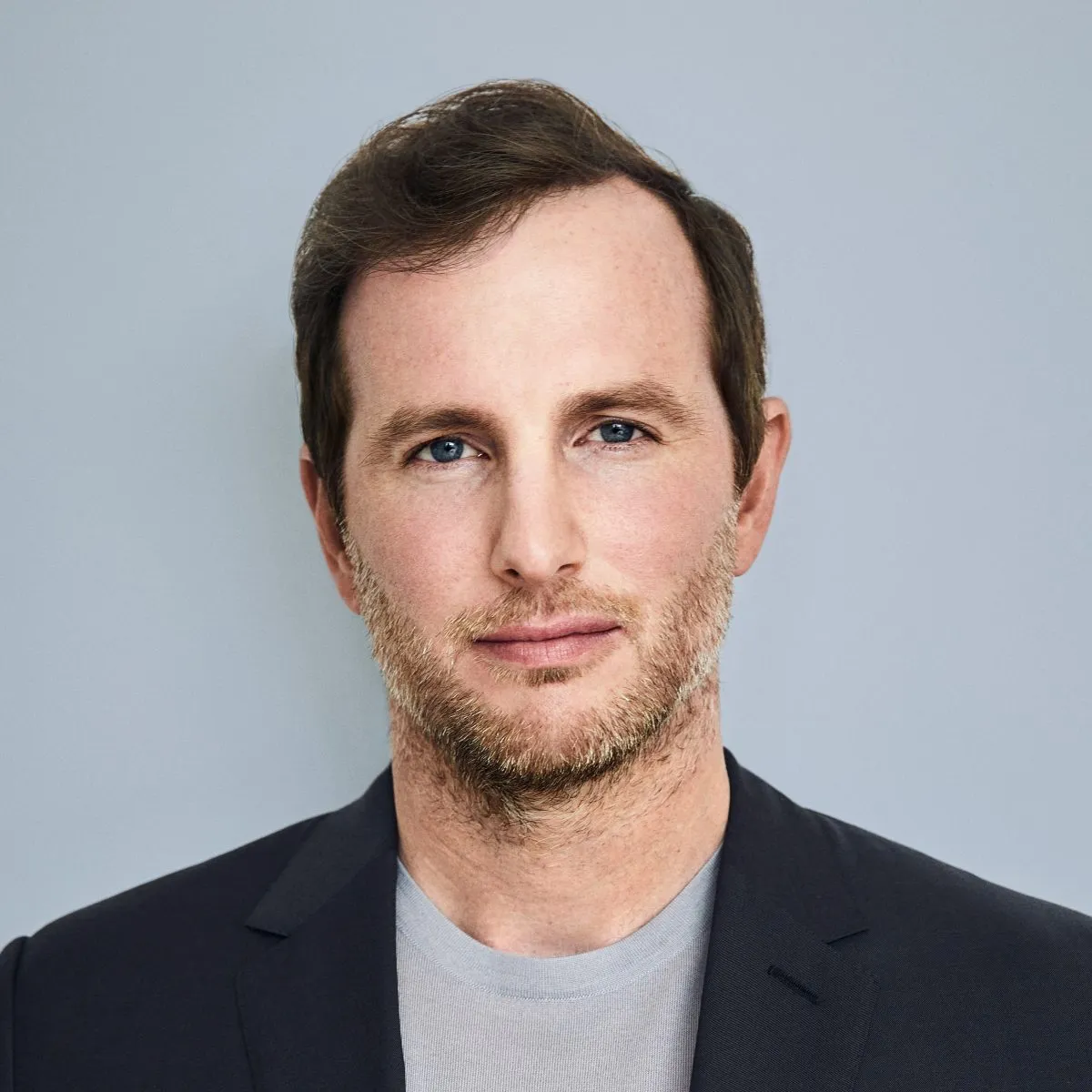Measuring Vancouver Island’s Big Tourism Shift
Skift Take

Skift Daily Briefing Podcast
Listen to the day’s top travel stories in under four minutes every weekday.Good morning from Skift. It's Tuesday, July 19 in New York City. Here's what you need to know about the business of travel today.
Listen Now
🎧 Subscribe
Apple Podcasts | Spotify | Youtube | RSS
Episode Notes
Destination marketing organizations promoting tourism are trying to figure out the future, some boldly shifting their longstanding models. Like Tourism Vancouver Island — which announced in April it was dropping its longtime marketing business model to operate as a non-profit social enterprise. So what are the early takeaways from its move? Editor-at-Large Lebawit Lily Girma explains lessons marketing organizations can gather from the organization’s shift.
The tourism board, which has rebranded itself as 4VI to reflect its four key pillars, appears to be the first destination marketer to function as a social enterprise, a business designed to invest all revenue in social goals. 4VI CEO Anthony Everett said every contract it currently holds focuses on social responsibility, adding it will turn down any work offered in the future that doesn’t align with its social goals.
But Girma writes that companies taking steps such as 4VI need to educate local communities on what their new role is and how travel will be a force for good, which Everett acknowledged. Everett added destination marketing organizations have to work with local communities and explain what those collaborations entail, as Purdue University professor Jonathon Day stated major changes require building a shared vision among tourism stakeholders.
Next, issues such as widespread flight cancellations, inflation and geopolitical crises have complicated travel to Europe this summer. But the president of Emirates, Tim Clark, still sees strong demand for travel to the continent on his airline, writes Edward Russell, editor for Airline Weekly, a Skift brand.
Clark said on Monday at the Farnborough Air Show, a biennial aviation industry gathering, that Emirates hasn’t seen any drop in Europe bookings to date. Emirates' strong booking figures come despite Clark acknowledging that consumer confidence is waning due to the airline industry’s chaotic summer. The carrier is scheduled to be the third largest in terms of seats available for flights to and from Europe in 2022, according to airline industry data company Cirium.
Clark added that Emirates aims to hit pre-Covid flying levels by the end of the first quarter next year.
Finally, timeshare giant Marriott Vacations Worldwide is appointing a new CEO while it’s also staring at the prospect of a recession, reports Senior Hospitality Editor Sean O’Neill.
Marriott Vacations has appointed its current president John Geller as its new CEO, effective January 1, 2023. Geller, who was its chief financial officer before assuming the role of president in 2021, will succeed the retiring Stephen Weisz. Geller has been a key figure in Marriott Vacations’ increasing market share in the timeshare sector since its 2011 spin-off from Marriott International.
But O’Neill writes that Marriott Vacations is wading into an uncertain future, with a Bloomberg survey of economists estimating a one-in-three chance of a U.S. recession. The company’s stock has taken a beating due to the belief that customers cut discretionary spending during an economic downturn. Although the company’s wealthier-than-average customer might be more insulated from a recession, O’Neill adds attracting new owners may become harder if economic conditions get choppy.





